The Gurkhas: History and Hunger Strike
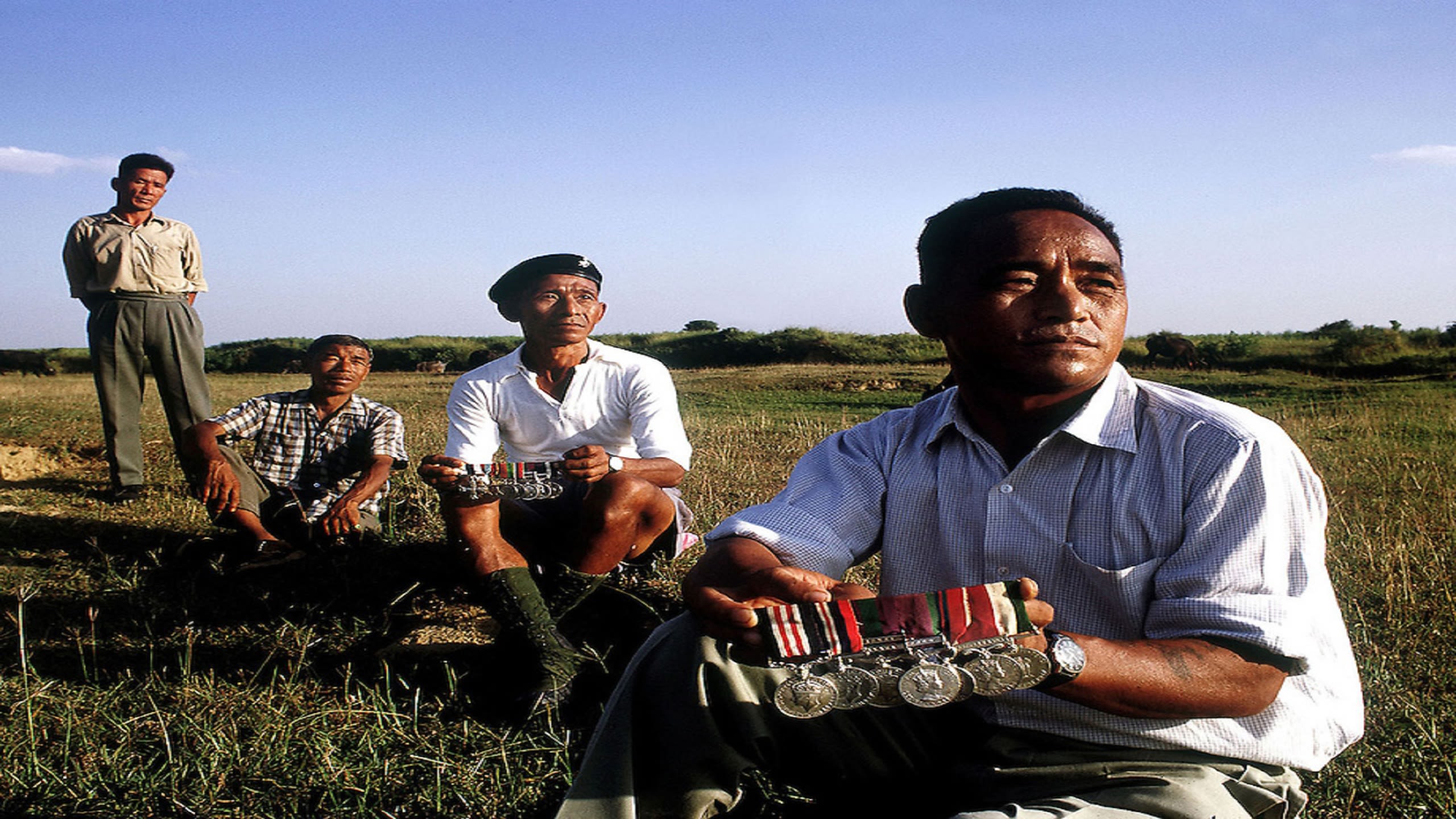
Background
In the Pacific theatre of The Second World War, June 12 1944, a young rifleman Ganju Lama had been shot multiple times.
His wrist broken and his leg badly wounded, he crawled into the middle of the battlefield of Ningthoukhong as Japanese bullets rained down.
Armed with a PIAT anti-tank gun, he approached a convoy of tanks making an advance.
Despite being unable to walk and with his comrades urging him to retreat so that he could be treated by a medic, he proceeded to open fire.
In the space of 30 minutes, the young soldier managed to single-handedly destroy three of the tanks, halting a Japanese battalion in its tracks.
His bravery was such that he was awarded the Victoria Cross, the highest medal that can be bestowed by the Ministry of Defence.
Gurkha soldiers have been awarded the prestigious medal 26 times, and their name has become synonymous with bravery on the battlefield.
But many Gurkhas today feel their loyalty to Britain has been insufficiently recognised with protests this year about pension rights culminating in three Gurkhas going on hunger strike.
Gyanraj Rai, Dhan Bahadur Gurung, and Pushpa Ghale Rana on Saturday 7th August began the strike in protest at what they regard as their callous treatment by the British government.
I spoke to them outside Downing Street.
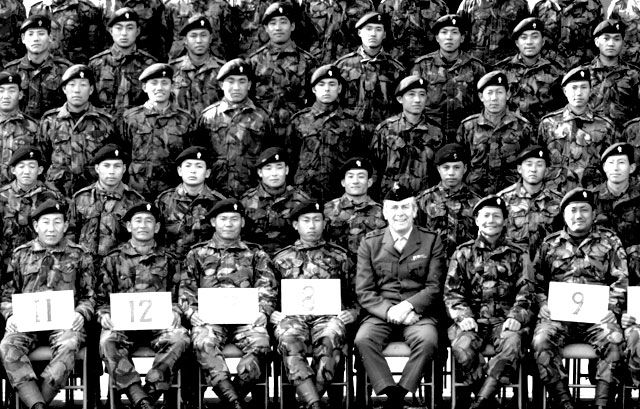
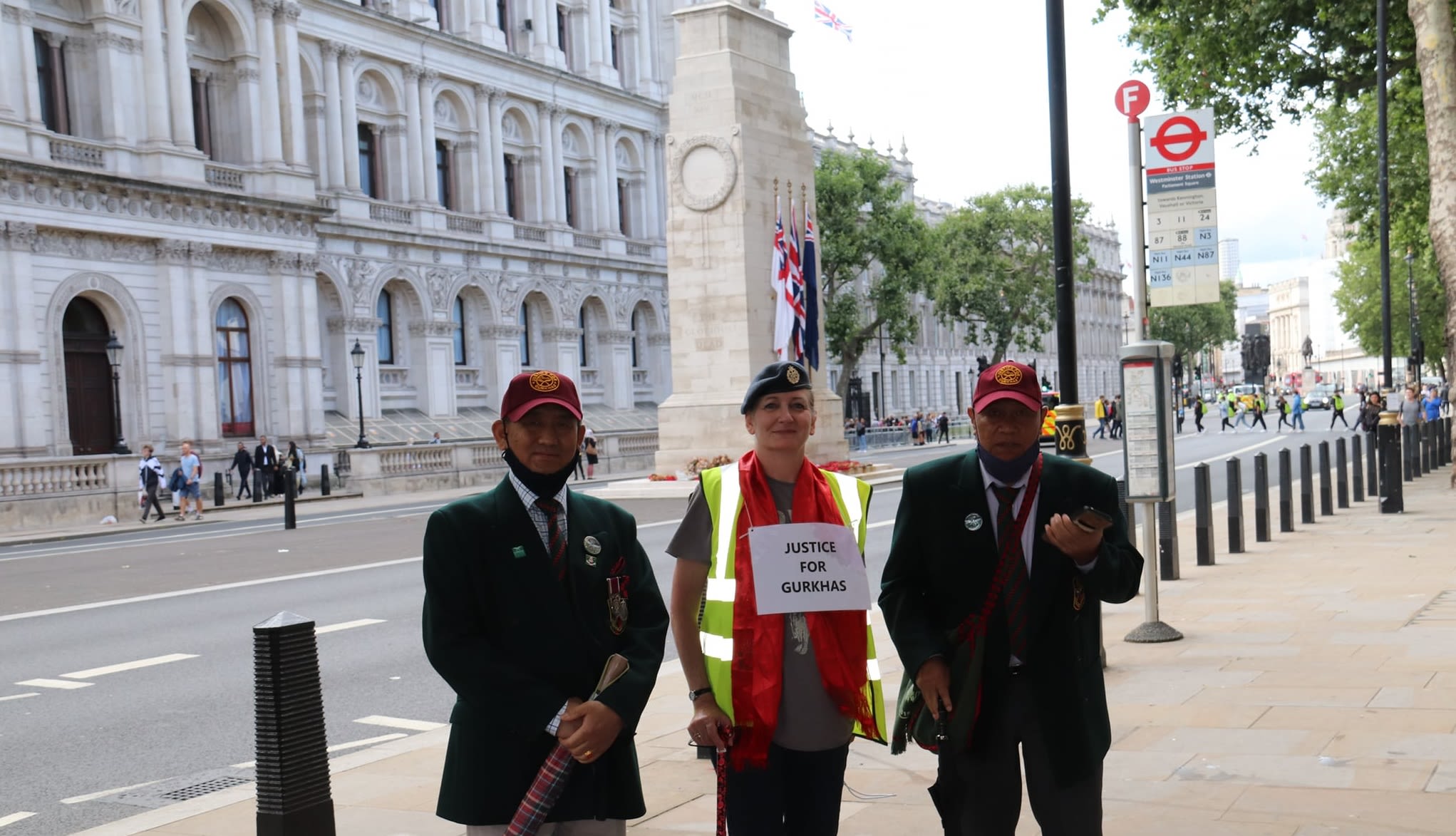
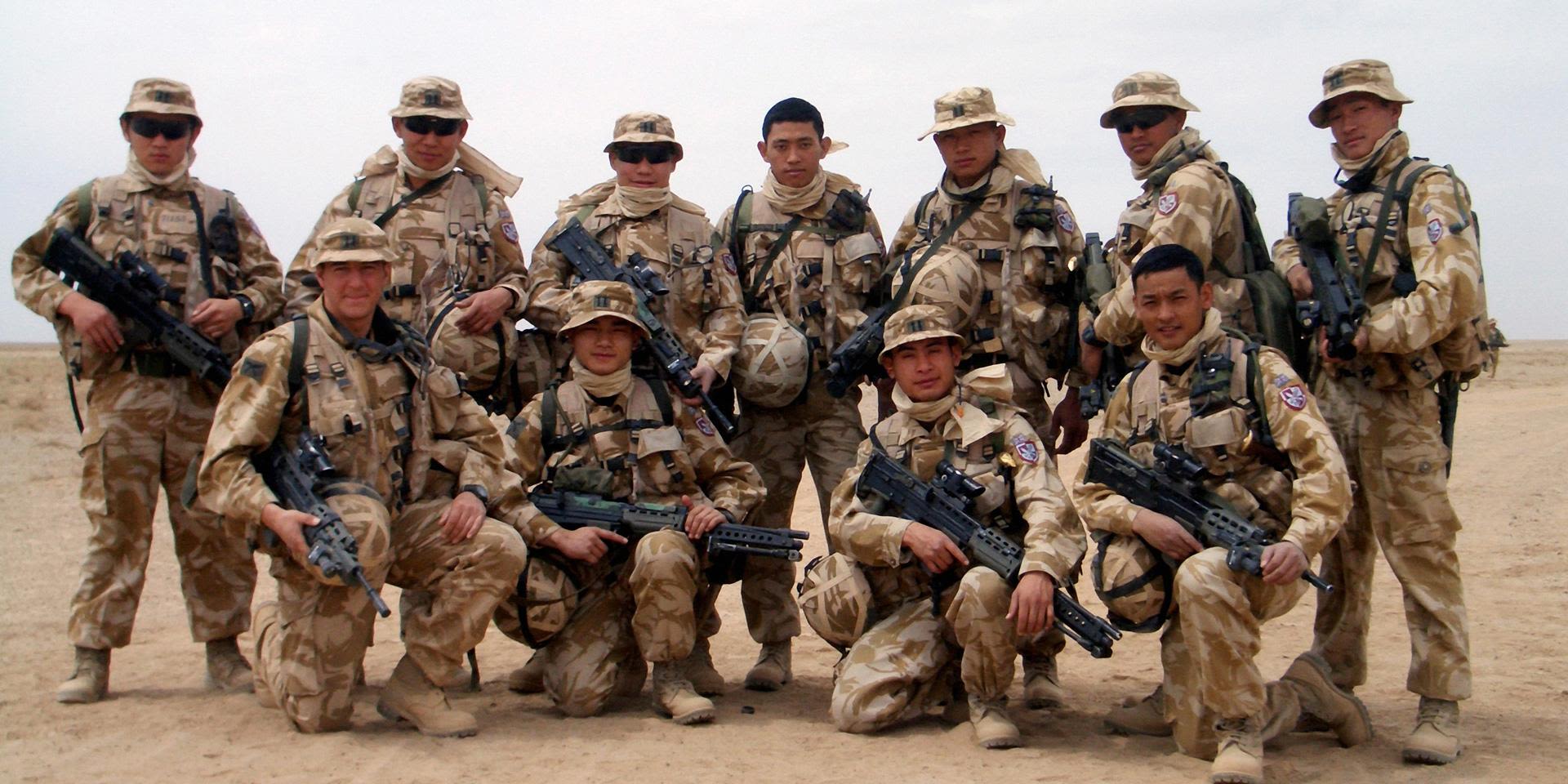
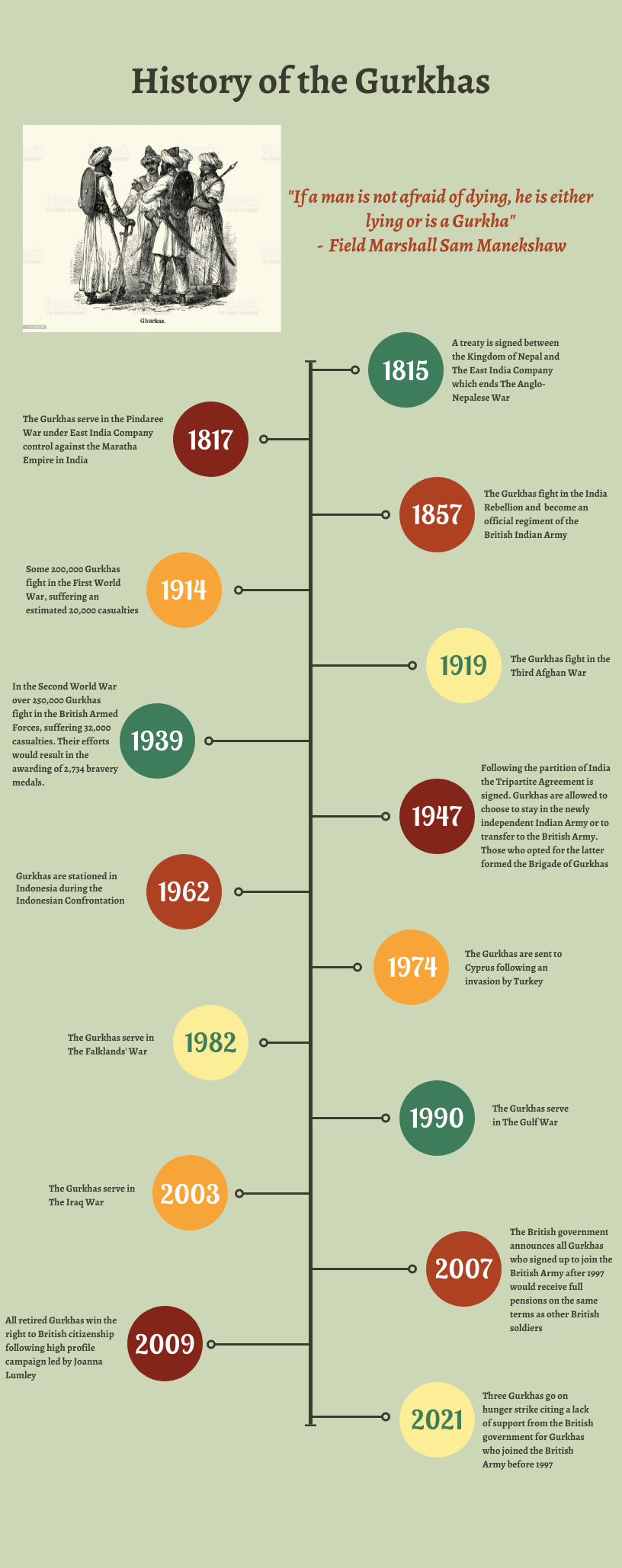
History
The Gurkhas are Nepalese soldiers who have served in the British Armed forces since 1815.
Following the Anglo-Nepalese War in which the East India Company (EIC) invaded Nepal, a peace treaty was signed which restricted the nation’s autonomy.
One of the conditions of the treaty was that the EIC was permitted to recruit Nepalese soldiers for its own army.
Under British command, over 100,000 Gurkhas served in the First World War, subsequently fighting in the Second World War, The Falklands, Kosovo, Iraq, and Afghanistan.
Protest
Despite their service, the British Gurkha Welfare Society says 25,000 men have been denied the ability to transfer into UK armed forces pension schemes.
I spoke to Anthony Brinkly, a former grenadier guardsman at the protest.
He said: “We are here to fight the injustice faced by all the pre-1997 Gurkhas and their families. They have poor wages, poor pensions, a lot of the veterans have to work in terribly paid jobs in Saudi Arabia and other Middle Eastern countries just to survive despite being in their seventies or even eighties.
"The government quickly found millions of pounds for the NHS track and trace app that doesn’t work why can’t they find a few thousand pounds for the Gurkhas? Why are we treating British Gurkha veterans differently?”
A key point of contention is the clause written into the landmark 1997 agreement which only gave pension rights to Gurkhas who served after 1997.
Brinkley said: “They knew what they were doing. They wanted to cut off older Gurkhas from having their pensions and it is shameful.
“I have been a Conservative supporter all my life but I will not be voting for them. They don’t care if a Gurkha dies. I despair at it all.”
Reaction
The government said in response to the criticism: "We greatly value the huge contribution Gurkhas make to the British Army and ensure they are supported with a generous pension and medical care during retirement in Nepal.
"We are committed to ensuring the Gurkha Pension Scheme is sustainable and fair alongside other UK public sector pensions."
Schools minister Nick Gibb was asked about the Gurkhas on Thursday 12 August and is the first government minister to be publicly questioned on the issue.
When asked if any minister had been in contact with the hunger strikers, Gibb said: “I’m not entirely sure who has met who but I do know that we are always keen to speak to people who are concerned about the welfare of our Gurkha regiment and the pensions arrangements for those soldiers.”
Meanwhile a Ministry of Defence spokesman did not disclose whether anyone from the Government has plans to meet with the Gurkhas.
On Wednesday 11 August, Labour’s shadow defence secretary Stephen Morgan urged the government in a letter to “engage constructively” with the Gurkhas.
“It has been over two years since the Government announced that they intended to increase pension rates for the Gurkha Pension Scheme, and over five years since the UK and Nepalese governments agreed to set up a process of dialogue on issues of concern to the Gurkha veteran community,” he said.
It has now been over a week since the Gurkhas began the hunger strike with all three now too weak to speak or stand up, and with concern for their health continuing to grow.
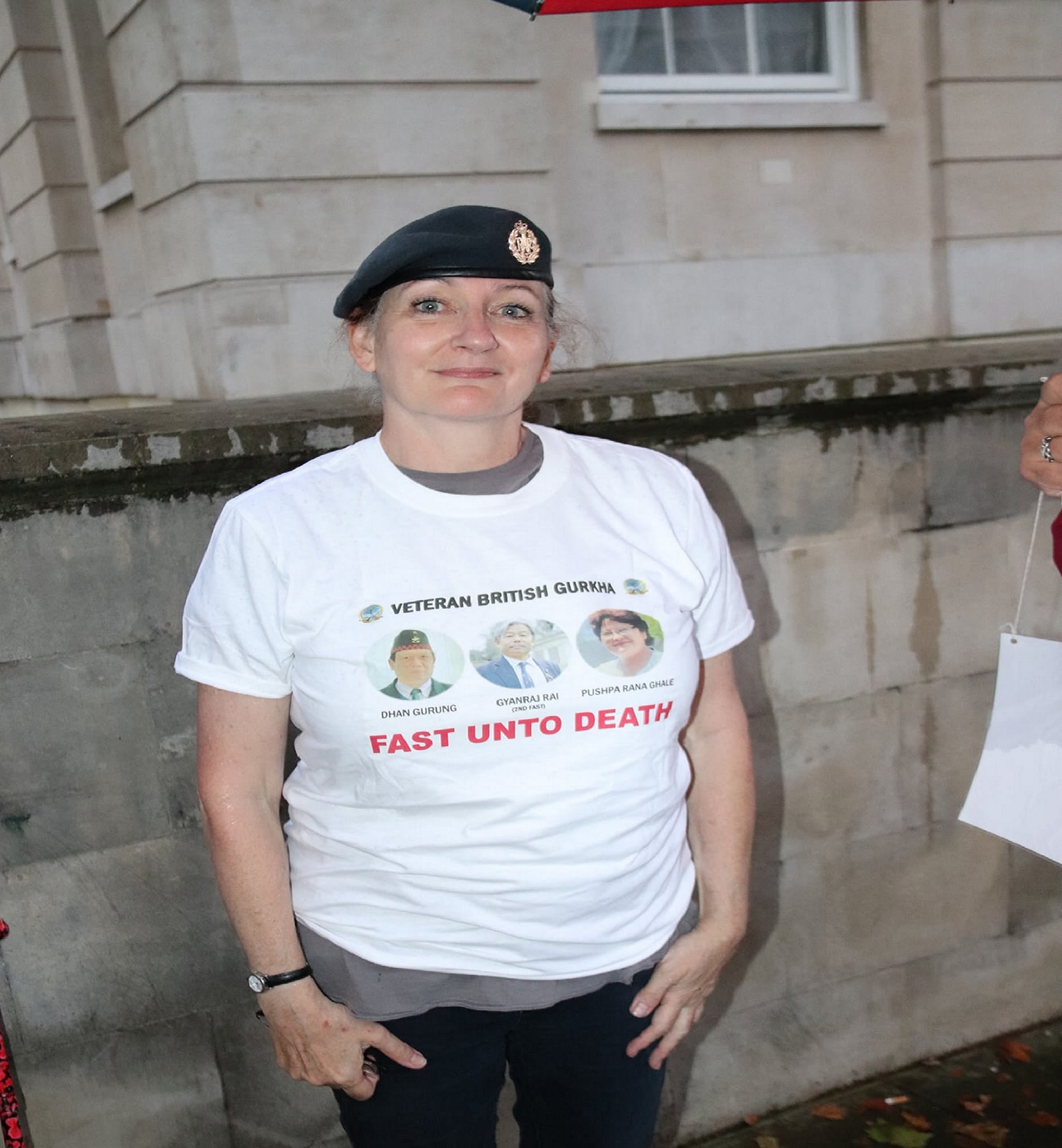
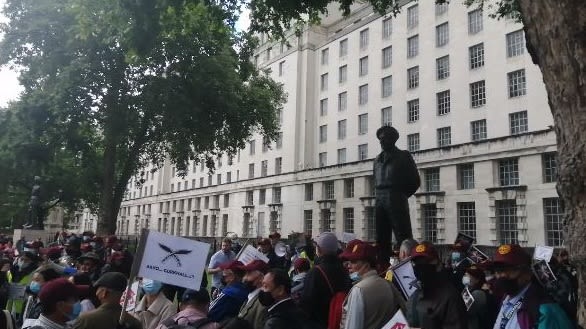
One of the three hunger strikers tells me why he thinks such an act is necessary.
A petition has been set up demanding action as pressure continues to mount on the government to engage in dialogue with the protesters. The petition has now surpassed 80,000 signatures but for the three on hunger strike, the ordeal continues.
